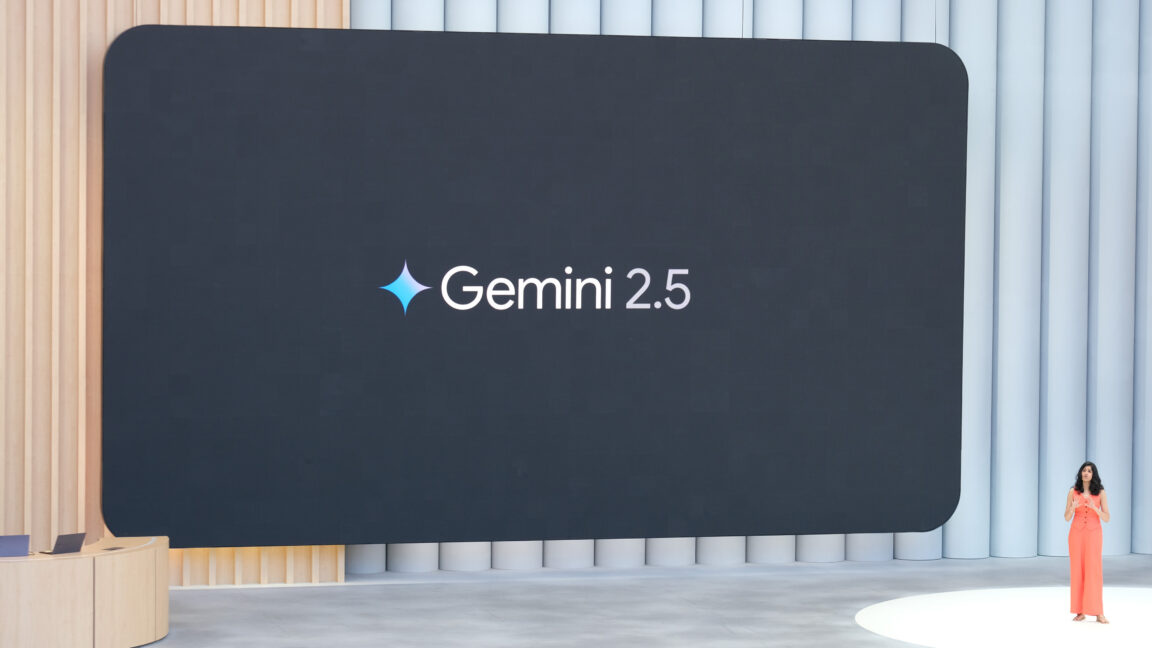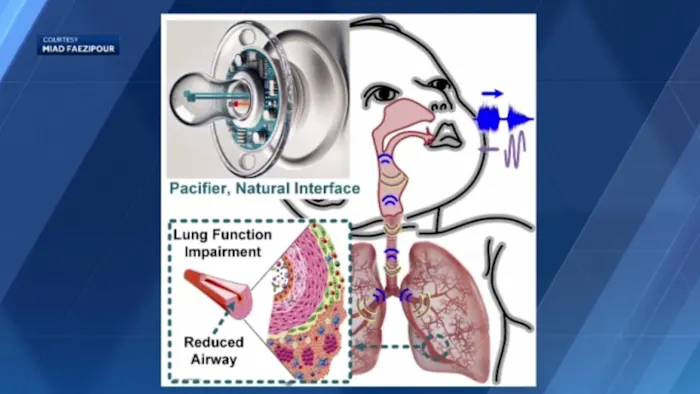
Like the rest of its Big Tech cadre, Google has spent lavishly on developing generative AI models. Google’s AI can clean up your text messages and summarize the web, but the company is constantly looking to prove that its generative AI has true intelligence. The International Collegiate Programming Contest (ICPC) helps make the point. Google says Gemini 2.5 participated in the 2025 ICPC World Finals, turning in a gold medal performance. According to Google this marks “a significant step on our path toward artificial general intelligence.”
Every year, thousands of college-level coders participate in the ICPC event, facing a dozen deviously complex coding and algorithmic puzzles over five grueling hours. This is the largest and longest-running competition of its type. To compete in the ICPC, Google connected Gemini 2.5 Deep Think to a remote online environment approved by the ICPC. The human competitors were given a head start of 10 minutes before Gemini began “thinking.”
According to Google, it did not create a freshly trained model for the ICPC like it did for the similar International Mathematical Olympiad (IMO) earlier this year. The Gemini 2.5 AI that participated in the ICPC is the same general model that we see in other Gemini applications. However, it was “enhanced” to churn through thinking tokens for the five-hour duration of the competition in search of solutions.
At the end of the time limit, Gemini managed to get correct answers for 10 of the 12 problems, which earned it a gold medal. Only four of 139 human teams managed the same feat. “The ICPC has always been about setting the highest standards in problem-solving,” said ICPC director Bill Poucher. “Gemini successfully joining this arena, and achieving gold-level results, marks a key moment in defining the AI tools and academic standards needed for the next generation.”
More than human
At the ICPC, only correct solutions earn points, and the time it takes to come up with the solution affects the final score. Gemini reached the upper rankings quickly, completing eight problems correctly in just 45 minutes. After 677 minutes, Gemini 2.5 Deep Think had 10 correct answers, securing a second-place finish among the university teams.
You can take a look at all of Gemini’s solutions on GitHub, but Google points to Problem C as especially impressive. This question, a multi-dimensional optimization problem revolving around fictitious “flubber” storage and drainage rates, stumped every human team. But not Gemini.
According to Google, there are an infinite number of possible configurations for the flubber reservoirs, making it challenging to find the optimal setup. Gemini tackled the problem by assuming that each reservoir had a priority value, which allowed the model to find the most efficient configuration using a dynamic programming algorithm. After 30 minutes of churning on this problem, Deep Think used nested ternary search to pin down the correct values.
Gemini’s solutions for this year’s ICPC were scored by the event coordinators, but Google also turned Gemini 2.5 loose on previous ICPC problems. The company reports that its internal analysis showed Gemini also reached gold medal status for the 2023 and 2024 question sets.
Google believes Gemini’s ability to perform well in these kinds of advanced academic competitions portends AI’s future in industries like semiconductor engineering and biotechnology. The ability to tackle a complex problem with multi-step logic could make AI models like Gemini 2.5 invaluable to the people working in those fields. The company points out that if you combine the intelligence of the top-ranking university teams and Gemini, you get correct answers to all 12 ICPC problems.
Of course, five hours of screaming-fast inference processing doesn’t come cheap. Google isn’t saying how much power it took for an AI model to compete in the ICPC, but we can safely assume it was a lot. Even simpler consumer-facing models are too expensive to turn a profit right now, but AI that can solve previously unsolvable problems could justify the technology’s high cost.



